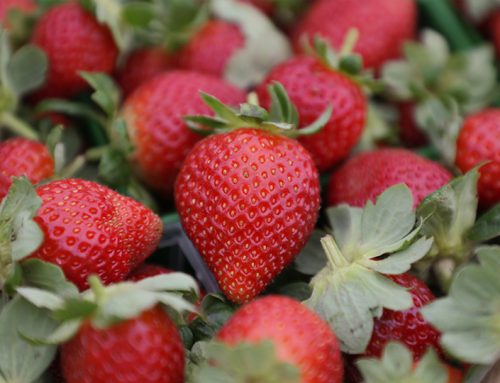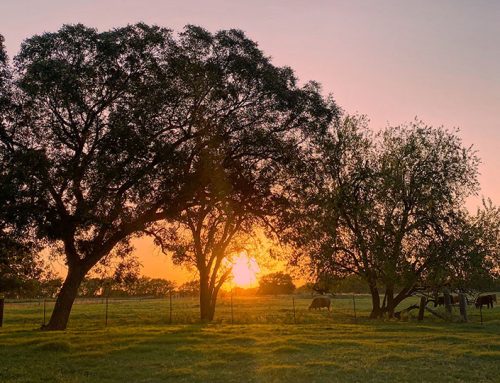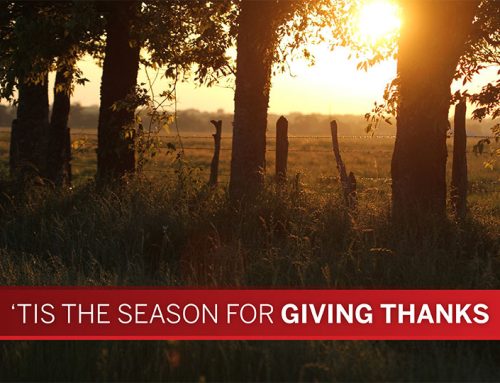By Jennifer Dorsett
Have you ever questioned the sender’s intent or the suitability of a gift, only to be told “Don’t look a gift horse in the mouth?”
Or maybe you’ve heard someone say, “She won’t be back ‘til the cows come home,” to describe an unknown, but lengthy, amount of time.
Even in our increasingly urban modern America, we use a variety of phrases that are rooted in agriculture.
Most of the time, we don’t put much thought into these sayings, but there’s some good farm wisdom to be found in these common phrases.
Don’t look a gift horse in the mouth
Merriam-Webster defines this saying as “to look in a critical way at something that has been given to one.”
In a nutshell, this phrase means if someone gives you something for free, don’t question it too closely and just be thankful.
Looking at a horse’s teeth is a time-honored and scientifically-backed way to determine a horse’s age. The original listener of this phrase—possibly used as early as 400 A.D.—would have likely known this fact and understood that looking at a gift horse’s teeth to determine age would be considered rude. Since the animal was free, it shouldn’t really matter how old it is.
Farm wisdom: Good manners go a long way. And you can always donate the gift later if you don’t need or want it.
‘Til the cows come home
This saying can be traced at least as far back as the 16th-Century play The Scornful Lady.
Cows don’t usually get in a hurry to go anywhere unless they’re being chased. They do tend to wander back to the same area in the evenings, especially if it’s a sheltered or safe space where they feel protected from predators. So, they will eventually come back “home,” but it likely won’t be until dark, and maybe not even every day.
Farm wisdom: If you’re waiting on something ‘til the cows come home, you might want to settle in for a bit. Maybe even bring a snack and a phone charger.
Don’t put all your eggs in one basket
This phrase warns against risking all you have on one particular thing.
Think about it. If you were gathering eggs in the morning, and your family’s ability to eat well depended in large part on the eggs from your backyard chickens, wouldn’t you be extra careful gathering them? You might even make multiple trips or use more than one basket to place them in just in case you tripped or met another misfortune on the way back to the house.
Farm wisdom: Whether it’s an investment or the expectation of something to come, plan ahead and manage your risks, so you’re not caught empty-handed.
Time to hit the hay
I personally heard this many evenings when I stayed at my grandparents’ house. It meant “time to go to bed,” a phrase I never really liked hearing.
Hitting the hay probably originated from the fact that mattresses from early history until the 1800s were made from whatever people had on hand that was soft…or at least softer than the floor or a wooden platform.
Hay stuffed in rough fabric sacks was a common choice due to its availability, as well as the ability to easily throw out the filling and replace it periodically. So, hitting the hay became a way to say going to bed, and we still use it to this day.
Farm wisdom: Hit the hay early, so you’re ready for whatever tomorrow brings.
Hope you enjoyed our fun farm wisdom primer! And with that, I believe I’ll go hit the hay, or maybe I’ll stay up ‘til the cows come home myself.










Very interesting! I’ve often wondered about the origins of such phrases.